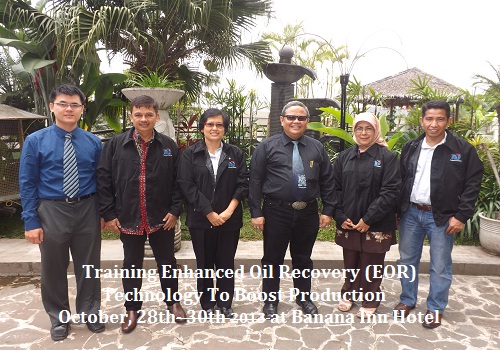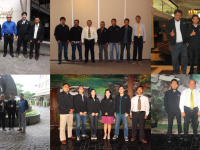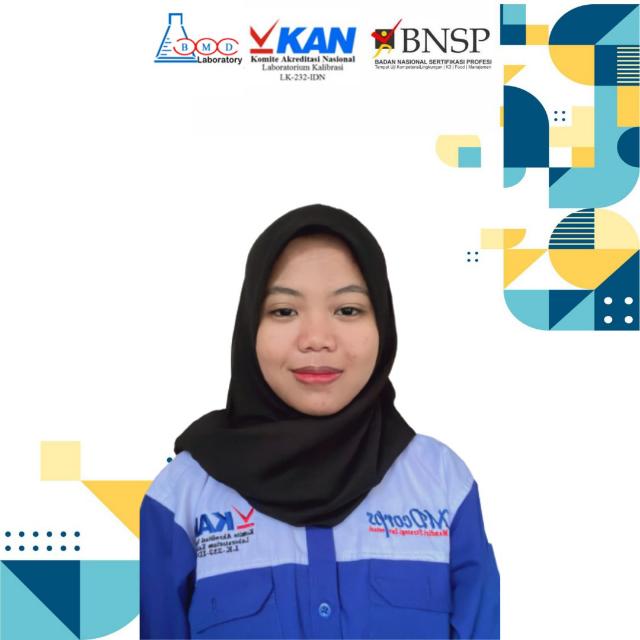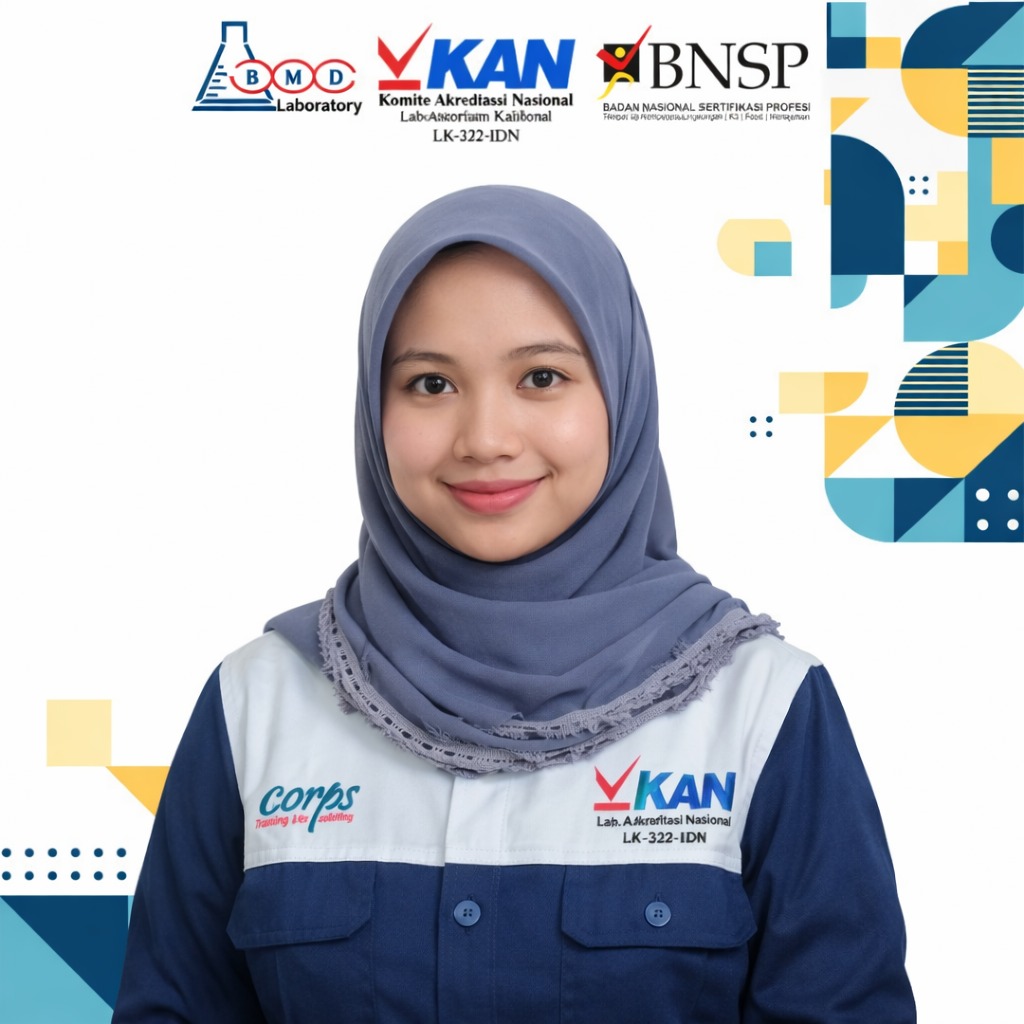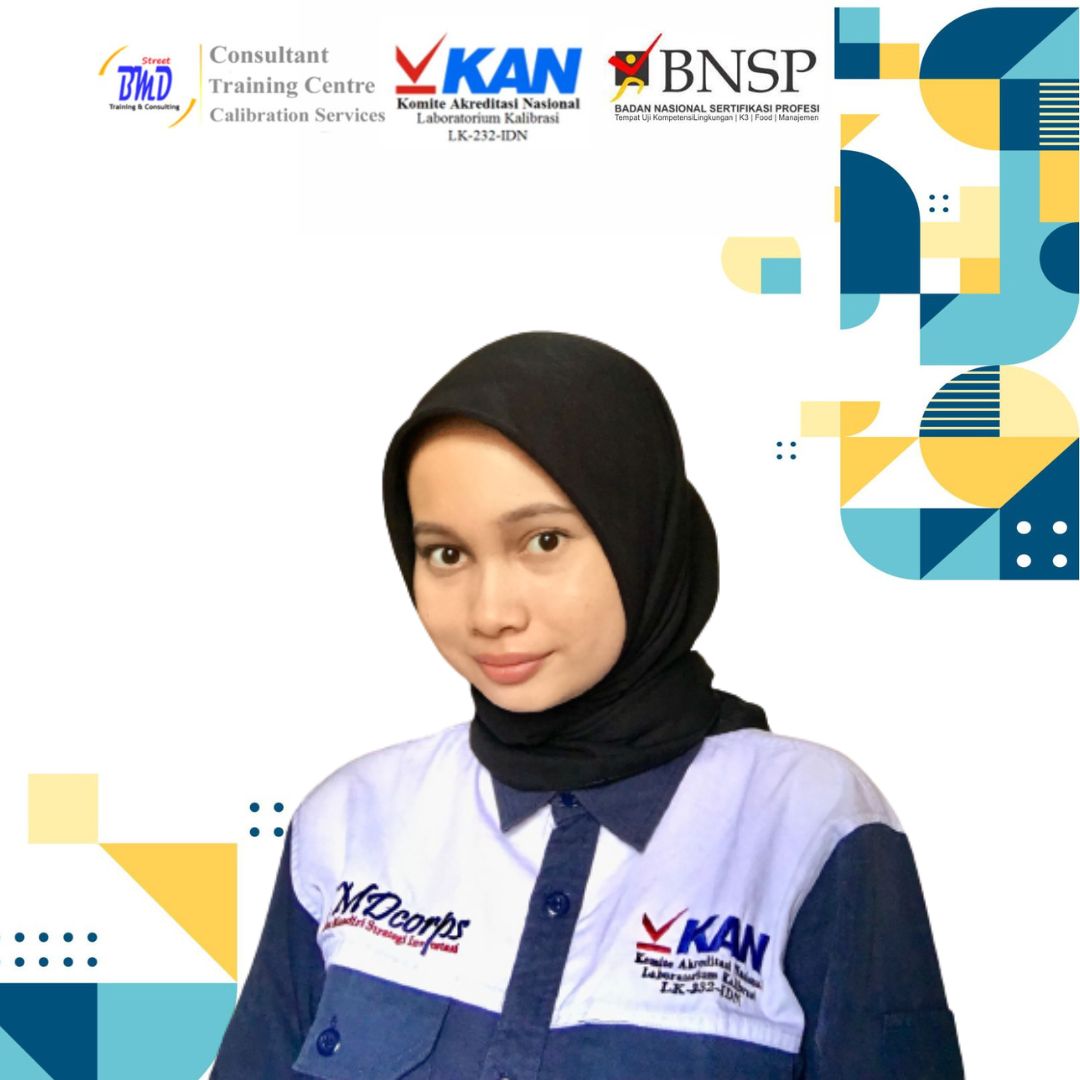SUMMARY
Training production Logging – This course is to summarize the state of the art of production logging technology. It included the example problems to illustrate the use of various theoretical solutions, it also listed an overview of conventional well log technology and is general introduction to the latest methods of production logging technology. In the absence of production logs, the performances of production or injection wells are evaluated on the basis of data obtained from surface measurements, volumes measured in reservoirs, flow rates from separators and pressure measurements at a given down hole point. These data are generally insufficient to determine the flow rate and nature of the fluids produced from or injected into each point in the well. Productions logs provide information required for analyzing the behavior of a well interval. This thus makes it possible to answer four fundamental questions:
- What are the producing intervals?
- What fluids do they produce?
- At what flow rates?
- What is the apparent mean permeability of the layers?
By comparison with the true permeability known from cores or log data, the interconnections between each layer and the well are defined. In new wells, an evaluation made with production logs indicates whether the well is producing as forecast or else whether problems exist in the completion or in reservoir properties. The periodic use of production log is also a way of checking the state the reserve and of following progress in depletion. In this way, maximum recovery can be obtained. The discovery of problems before the beginning of work over operations enables re-completion procedures to be optimized. Repairs can be simplified and made less dangerous for both the well and the reservoir when the problem has been clearly defined. Production logs are thus a reliable way for solving many production problems. Their main advantage lies in the capacity for determining how and where fluids flow, even outside tubings or casings under production conditions. Production logs are very often used for diagnosing defects altering the proper functioning of well, i.e. tubing leaks, casing leaks, communications due to channeling as result of improper cementing, low-pressure intervals taking up part of the effluent. In this course, it has also included example problems to illustrate the use of various theoretical solution. Wherever possible, it has not only discussed practical difficulties that one may encounter while using the theoretical solutions, but it has also listed some of the method that one can used to obtain the desired information. It also included descriptions on field histories wherever they were available. This course is mainly directed to the practicing professionals who make engineering calculations and decision on production and injection well applications. For managers, the book helps to review the present state of the art. It also outlined some of new method in production log technology that exist today, such as radioactivity log. These gaps in technology will be useful for research engineers and research professionals to determine the areas of future research.
OUTLINE
CHAPTER 1
Overview of Conventional Logging
- Formation Evaluation from Logging Data
- Rock Properties From Logging Data
- Conventional Log Data Quantification, Determination of : Lithology, Porosity, Fluid Saturation from Conventional Log Data
CHAPTER 2
Production Logging Technology
- Definition, History and Recent Technology of Production Logging
- Well Diagnosis and Reservoir by Production Logging
- Production Logging for Well Drilling and Completion
- Production Logging for Production and Injection Well
CHAPTER 3
Single Phase Fluid Flow in Pipes
- Laminar and Turbulent Flow
- Fluid Velocity Profile
- Annular Flow
CHAPTER 4
Temperature Logging
- Well Temperature Distribution
- Temperature Log Data Interpretation
- Hydraulic Fracturing Evaluation with Temperature Log
CHAPTER 5
Radioactivity-Tracer Logging
- Tracer Loss Log
- Velocity-Shot Log
- Tracer Placement
- Radioactive-Tracer Log in Laminar Flow
- Two Pulse Tracer Logging
CHAPTER 6
Spinner- Flow meter Logging
- Theory of Spinner Response
- Log Spinner-Flow meter Log Interpretation
- Well Flow Measurement by Spinner Flow meter
CHAPTER 7
Single Phase Flow Profile
- Back Ground
- Comparison between Log Temperature Data, Radioactive Tracer and Spinner Flow meter
CHAPTER 8
Multiphase Flow in Pipes
- Holdup Definition
- Flow Pattern
- Pressure Loss in Pipes
- Influence of Pipe Slant Angle and Perforation
CHAPTER 9
Production Logging for Multiphase Floe in Pipes
- Log Data Interpretation
- Determination Flow Rate
- Quantitative Analysis of Multiphase Logging Data
- Qualitative Analysis of Multiphase Logging Data
CHAPTER 10
Noise Logging
- Theory of Noise Logging
- Noise Logging Applications
CHAPTER 11
Cement Quality Logging
- Cement Bond Log
- Attenuation-Ratio Log
- Ultrasonic –Pulse-Echo Log
CHAPTER 12
Case Hole Well Logging
- Pulse Neutron Log for Determination of Flow Profile
- Radial Differential Temperature Log
- Gravel Pack Evaluation
- Well-Test by Production Logging
DURATION
3 Day
FASILITY
Normal Class
- Quality training material (hardcopy and softcopy), Quality training kits: bag, block note, ballpoint, including jacket or T-shirt, etc, Convenient training facilities in four or five stars hotel, Lunch per day, morning and afternoon coffee / tea breaks for along the training, Certificate & Photo.
Online Class
- Softcopy Modul dan Sertifikat
INFORMATION & PROMO
Call : 021 756 3091
Fax : 021 756 3291
CONTACT PERSON
0813 8280 7230, 0812 8931 1641
Email: [email protected]
Website: https://bmdstreet.co.id
Jadwal Training production Logging 2025:
- 03-05 November 2025 Bogor
- 01-03 Desember 2025 Malang
Jadwal Training production Logging 2026:
- 12-14 Januari 2026 Jakarta
- 09-11 Februari 2026 Yogyakarta
- 09-11 Maret 2026 Bandung
- 13-15 April 2026 Medan
- 11-13 Mei 2026 Bogor
- 08-10 Juni 2026 Bali
- 06-08 Juli 2026 Jakarta
- 10-12 Agustus 2026 Yogyakarta
- 07-09 September 2026 Bandung
- 12-14 Oktober 2026 Surabaya
- 09-11 November 2026 Bogor
- 07-09 Desember 2026 Malang
INVESTASI (TIDAK TERMASUK BIAYA AKOMODASI & PENGINAPAN) :
Online Class
- Rp 6.100.000/peserta (Harga belum termasuk pajak dan promo)
Normal Class
- Rp. 12.000.000,-/peserta (Jakarta) (Harga belum termasuk pajak dan promo)
- Rp. 12.000.000-/peserta (Bandung) (Harga belum termasuk pajak dan promo)
- Rp. 13.100.000,-/peserta (Yogyakarta) (Harga belum termasuk pajak dan promo)
- Rp. 15.300.000,-/peserta (Bali) (Harga belum termasuk pajak dan promo)
- Rp. 16.100.000,-/peserta (Lombok) (Harga belum termasuk pajak dan promo)
- US$ 4780/peserta (Malaysia) (Harga belum termasuk pajak dan promo)
Available on request for time, place and facilities call us for more information

